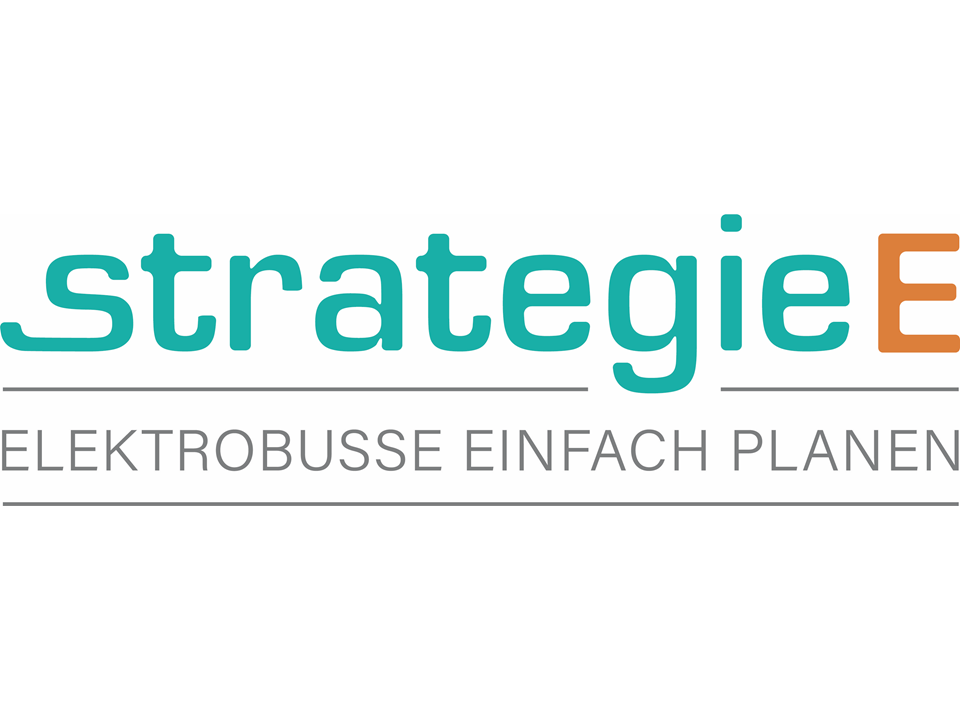Software for the planning and design of electric bus systems
Successful completion of the Strategy E project
Electromobility is the chosen path to make road-based transport more sustainable and climate-friendly. In addition to e-cars, pedelecs and e-scooters, electric buses are also taking over Europe’s roads. As a result, transport companies, fleet operators and public transport authorities are facing new challenges. The ranges of the buses are limited and the batteries require recharging. In order to still enable efficient operation, it is necessary to plan runs and charging phases according to the technical constraints and to develop a suitable charging strategy. In doing so, the individual consideration of the particular line, line bundle or bus network is crucial.
To solve these challenges, the partners of the funded project Strategie E have developed a software for the planning and design of electric buses. ebusplan acted as project initiator. Three transport companies in the German state of North Rhine-Westphalia have tested the software as pilot users and provided input for the development. The consulting firm Rupprecht Consult provided the programmatic implementation of the project.
Electric bus planning made easy
The developed software enables transport companies to plan electric buses and infrastructure in a seamless and strategic way. The program helps transport companies and authorities to find a cost-optimized and reliable overall system for changing over to alternative drives. This is done in just a few clicks and takes into account the interactions between operation and technology. Among other things, users benefit from an energy-based circulation and charging planning (vehicle deployment planning). Here, the constraints imposed by battery capacity, energy consumption and charging times are incorporated directly into the design of cost-optimized vehicle rotations.
Broad exchange of experience and knowledge on electric bus operation
In order to design the software according to user needs, ebusplan was able to collect the requirements of real users in the regular meetings of the user forum. A total of 15 transport companies from all over North Rhine-Westphalia and other regions of the German-speaking region took part in the events. They brought in their requirements for the development of the software and contributed to the validation of the project results. Through the intensive exchange between the companies, the project was able to achieve a comprehensive transfer of knowledge on the topics of electromobile public transport. In addition to the development of the software, another success of Strategy E thus lies in its stimulating effect on the electrification of local public transport in the state of North Rhine-Westphalia and beyond. Through appropriate system design, transport companies can save unnecessary costs and make operations more efficient. Last but not least, this also increases the chances of the transport companies in the competition for public funding. Thus, the developed software can ultimately contribute to a reduction in emissions in the state’s many metropolitan areas.


